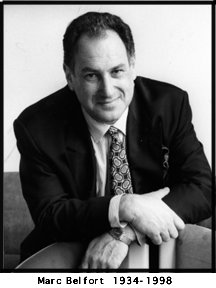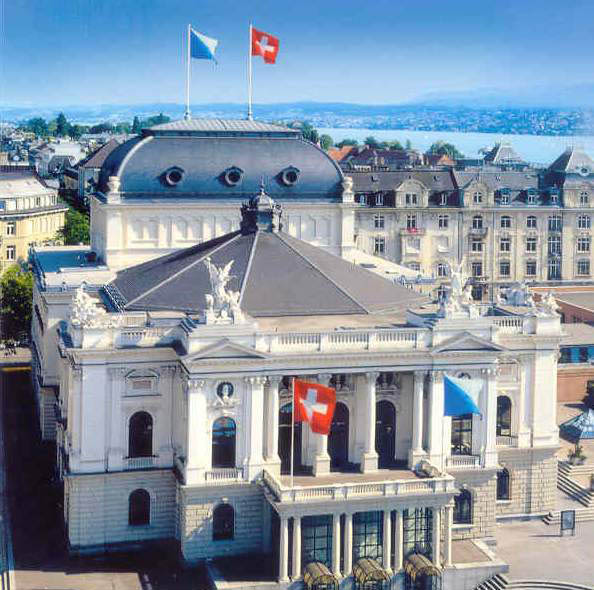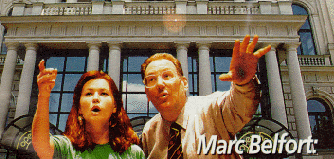

 MB: Part of what we do is to put
the finishing touches on a singer like that. We help in guiding
the selection of repertoire that is best for her. She sang
several arias, each going in a different direction. She’ll have
to decide which is best and we can help her with that process.
Even though she has learned and performed several roles at the
university level, some might be too ambitious at the start of her
professional career. Someone who has the talent must be guided so
that she fully exposes her talents but does not go beyond her
capabilities. That way she can realistically be presented as
someone who has a future and not a past. It’s the old saw – you
sing on interest and not on capital. This is one of the biggest
problems – to give the singer a future and not deal with them when
they’re already on the downside.
MB: Part of what we do is to put
the finishing touches on a singer like that. We help in guiding
the selection of repertoire that is best for her. She sang
several arias, each going in a different direction. She’ll have
to decide which is best and we can help her with that process.
Even though she has learned and performed several roles at the
university level, some might be too ambitious at the start of her
professional career. Someone who has the talent must be guided so
that she fully exposes her talents but does not go beyond her
capabilities. That way she can realistically be presented as
someone who has a future and not a past. It’s the old saw – you
sing on interest and not on capital. This is one of the biggest
problems – to give the singer a future and not deal with them when
they’re already on the downside. BD: How do you get the young
singers to get away from only wanting to do the so-called standard
roles?
BD: How do you get the young
singers to get away from only wanting to do the so-called standard
roles?|
|
This interview was recorded in Chicago on May 19, 1987.
The
transcription was made in 1989 and published in The Opera Journal in June of
1989. It was slightly re-edited and posted on this website in
2009.
To see a full list (with links) of interviews which have been transcribed and posted on this website, click here.
Award-winning broadcaster Bruce Duffie was with WNIB, Classical 97 in Chicago from 1975 until its final moment as a classical station in February of 2001. His interviews have also appeared in various magazines and journals since 1980, and he now continues his broadcast series on WNUR-FM, as well as on Contemporary Classical Internet Radio.
You are invited to visit his website for more information about his work, including selected transcripts of other interviews, plus a full list of his guests. He would also like to call your attention to the photos and information about his grandfather, who was a pioneer in the automotive field more than a century ago. You may also send him E-Mail with comments, questions and suggestions.